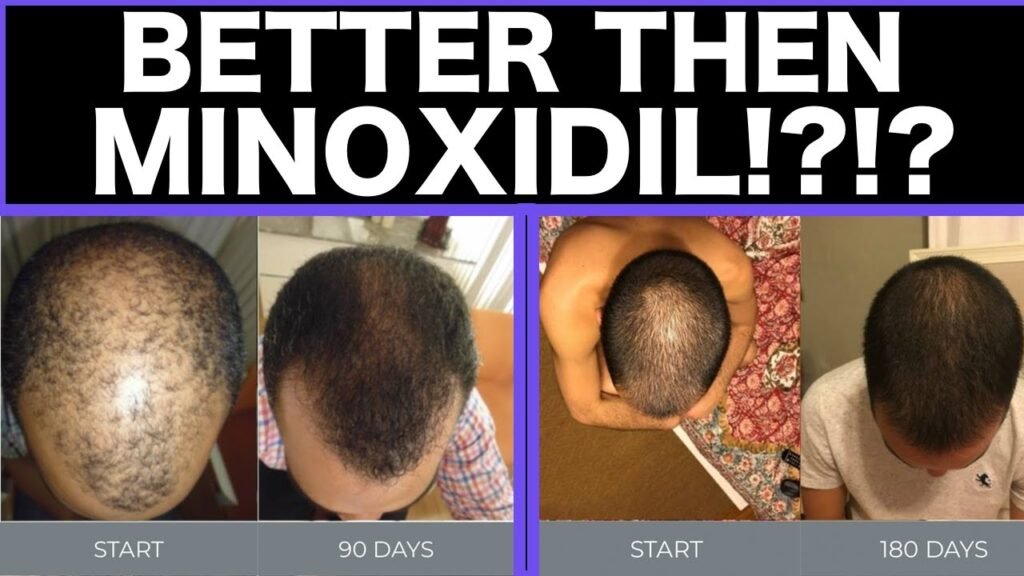Pros and cons of Natural alternatives to minoxidil
Exploring natural alternatives to minoxidil offers a range of benefits for those seeking hair growth solutions, but its essential to weigh these against potential drawbacks. One significant advantage is the reduced risk of side effects. Unlike synthetic treatments, natural options such as essential oils, herbal extracts, and plant-based supplements tend to be gentler on the scalp and overall health. Ingredients like rosemary oil, peppermint oil, and saw palmetto are commonly used for their purported ability to stimulate hair follicles without causing irritation or allergic reactions, which can be common with chemical treatments.
However, the efficacy of natural alternatives can vary widely, presenting a notable disadvantage. While some individuals may experience positive results, others might find these solutions less effective compared to minoxidil. The lack of standardized dosages and concentrations in natural products can lead to inconsistent outcomes, making it challenging to predict their success. Additionally, scientific research supporting the effectiveness of these natural treatments is often limited or inconclusive, which can be a drawback for those seeking evidence-based solutions.
Another consideration is the time and commitment required when using natural alternatives. Unlike minoxidil, which is typically applied once or twice daily with a straightforward regimen, natural treatments may involve more complex routines. Users might need to experiment with different combinations of oils or supplements to find what works best for their hair type and condition. This trial-and-error process can be time-consuming and may require ongoing dedication to achieve desired results. Despite these challenges, many individuals appreciate the holistic approach and the potential for fewer health risks associated with natural alternatives.


